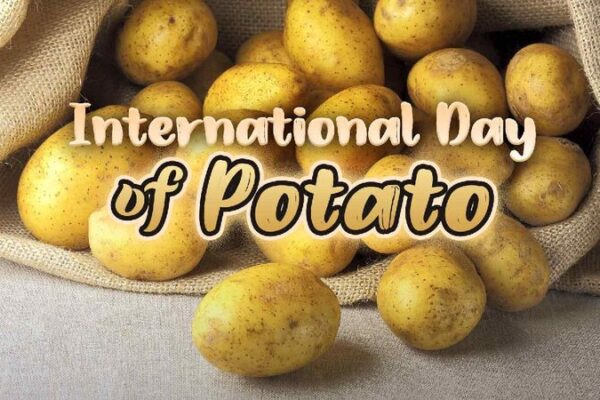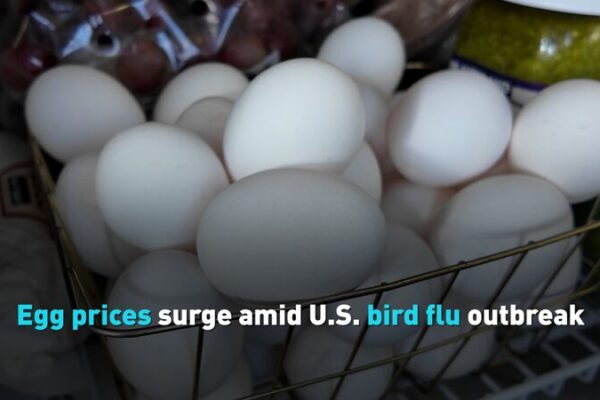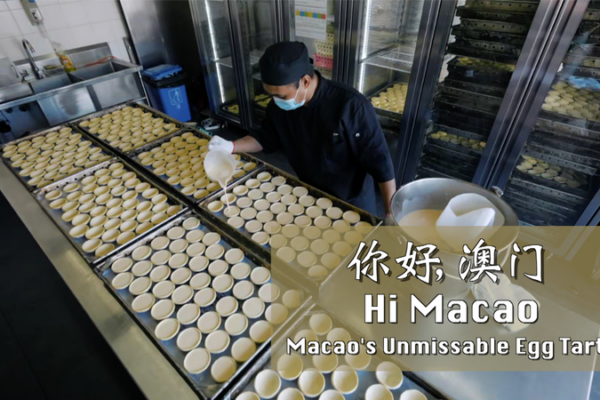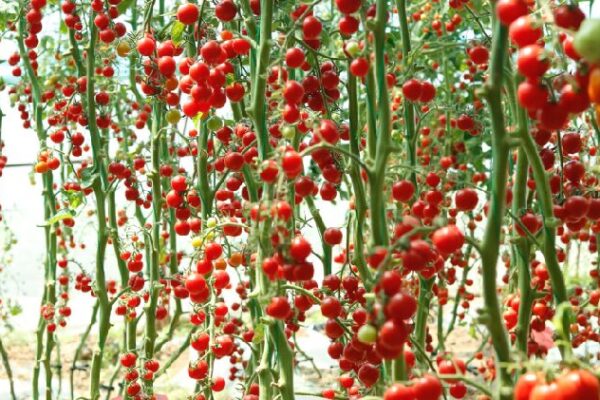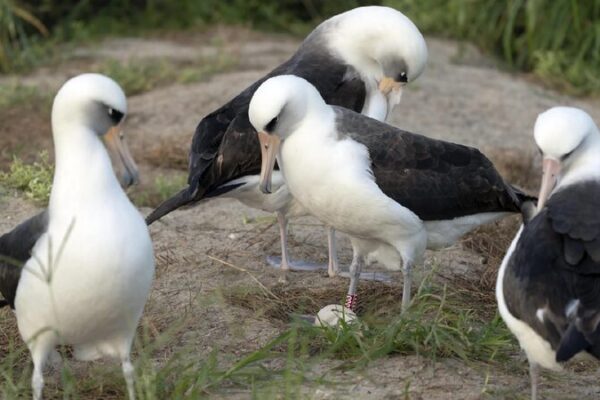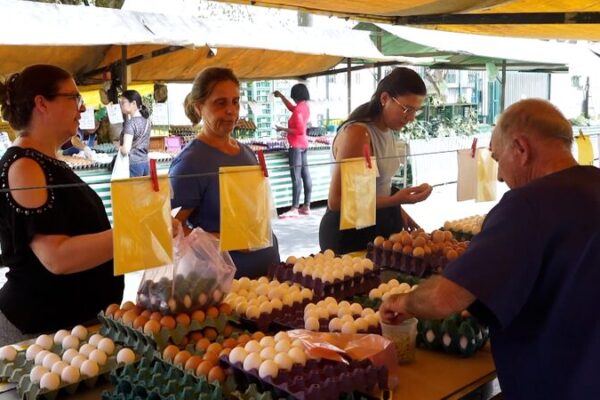In Beijing, a team of dedicated scientists is working tirelessly to safeguard the future of one of the world’s most important staple foods: the potato. In a research facility northwest of the city, molecular biologist Li Jieping and his team are cultivating potatoes under simulated future climate conditions, where higher temperatures threaten to drastically reduce yields.
Harvesting a cluster of unusually small potatoes, some as tiny as a quail’s egg, Li observes firsthand the alarming effects of rising temperatures predicted by the end of the century. The tubers they gather weigh less than half of what is typical in China, signaling potential challenges for food security.
“We need to find solutions now,” Li says. “If we don’t, farmers will harvest fewer potatoes, which will impact food security and livelihoods.”
China, the world’s largest producer of potatoes, relies heavily on this crop due to its high yield compared to other staples. However, potatoes are particularly vulnerable to heat. Climate change, driven by fossil fuel emissions, is pushing global temperatures to new heights, exacerbating droughts and floods.
Li’s team conducted a three-year study focusing on China’s two most common potato varieties. Growing them in conditions 3 degrees Celsius above the current average in northern Hebei and Inner Mongolia, they found that while higher temperatures accelerated tuber growth by 10 days, they also more than halved the yield.
According to recent reports, if current climate policies continue, the world could face up to 3.1 degrees Celsius of warming above pre-industrial levels by 2100. For regions like Inner Mongolia, this poses significant challenges.
Farmers are already feeling the impact. “The biggest challenge for potatoes this year is the heavy rain,” says Wang Shiyi, managing a potato farm in Inner Mongolia. “It has caused various diseases and greatly slowed down the harvest.”
To combat these challenges, companies like Yakeshi Senfeng Potato Industry Company are investing in innovative methods, such as aeroponic systems, where plants are grown in air under controlled conditions. There is increasing demand for potato varieties that are higher-yielding and more resistant to diseases like late blight, which thrives in warm, humid conditions.
Researchers at the International Potato Center (CIP) in Beijing are collaborating with the Chinese government to help farmers adapt. In greenhouses, scientists are developing heat-tolerant potato varieties by carefully cross-pollinating plants.
“Farmers need to start preparing for climate change,” Li emphasizes. “Planting during spring instead of early summer or moving to higher altitudes might be necessary. Without adaptation, yields will drop, affecting both income and food prices.”
As the world grapples with climate change, the efforts of scientists and farmers in China highlight the urgent need to protect vital food sources for the future.
Reference(s):
cgtn.com

